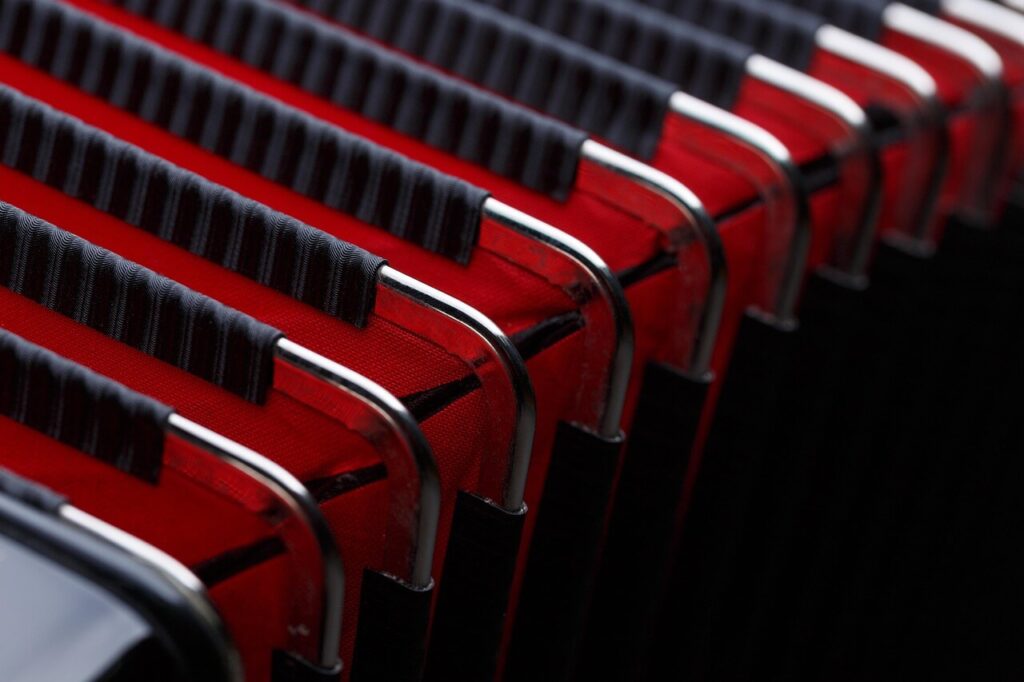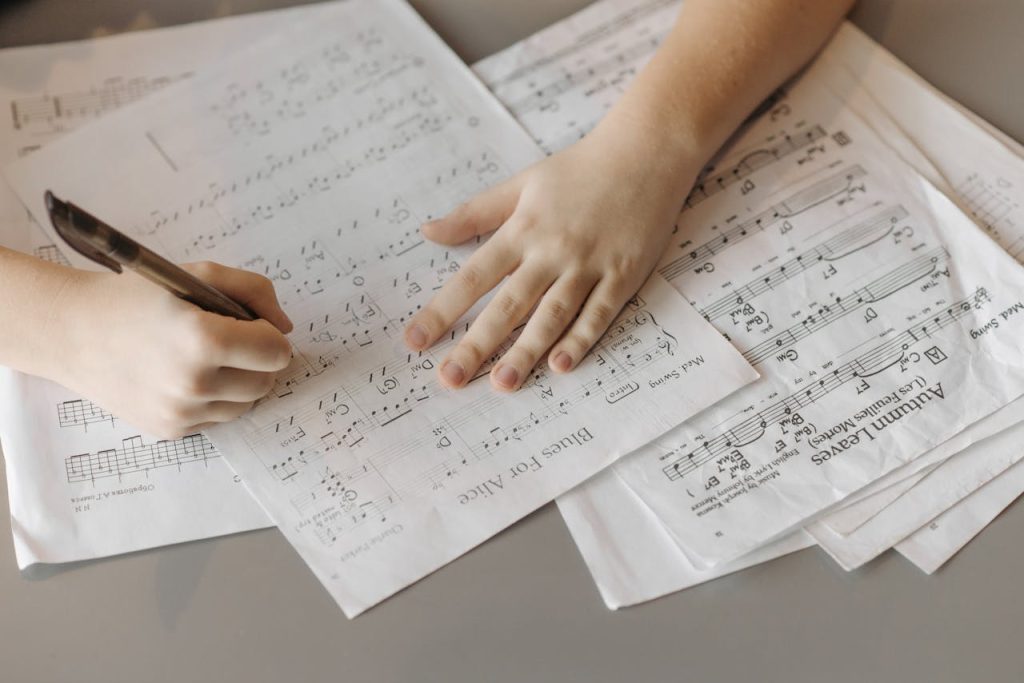When we think of piano practice, we usually picture hours spent at the instrument, drilling scales, pieces, and exercises. But what many students don’t realize is that some of the most powerful practice can happen away from the piano.
Here’s why:
1. Mental Practice Strengthens Memory
Visualizing the keyboard and running through your music in your mind improves memory retention. Professional pianists often “play” entire pieces in their head before performing. If you can mentally hear the notes and imagine your fingers moving, you’ll be much more secure when you return to the keys.
2. Score Study Sharpens Musicianship
Taking time to study your sheet music without playing helps you notice details you might miss while focused on technique. Dynamics, phrasing, and structure become clearer when you analyze them on paper. This is how you transform from simply “pressing keys” into interpreting music.
3. Rhythm Work Can Happen Anywhere
Clapping, tapping, or even walking to rhythms builds stronger internal timing. Practicing tricky rhythms without worrying about notes frees your brain to focus fully on precision.
4. Fingering Can Be Solved on Paper
Marking and testing fingerings before sitting down at the piano saves frustration. Mapping things out in advance lets you focus on sound instead of constant trial-and-error.
5. Builds Confidence and Reduces Stress
If you only rely on muscle memory at the instrument, performance nerves can cause memory slips. But if you’ve practiced mentally and visually, you have extra layers of security.
Practical Tips for Practicing Away from the Piano
- Carry a small notebook of your current piece to review during breaks.
- Record yourself playing and listen back, analyzing with the score in hand.
- Before bed, close your eyes and visualize playing a section correctly.
- Tap out rhythms on your lap while waiting in line.
Final Thought:
Great pianists don’t just practice at the piano—they train their brain, memory, and musicality everywhere they go. By adding away-from-the-piano practice into your routine, you’ll grow faster, perform more confidently, and enjoy deeper connection with your music.

